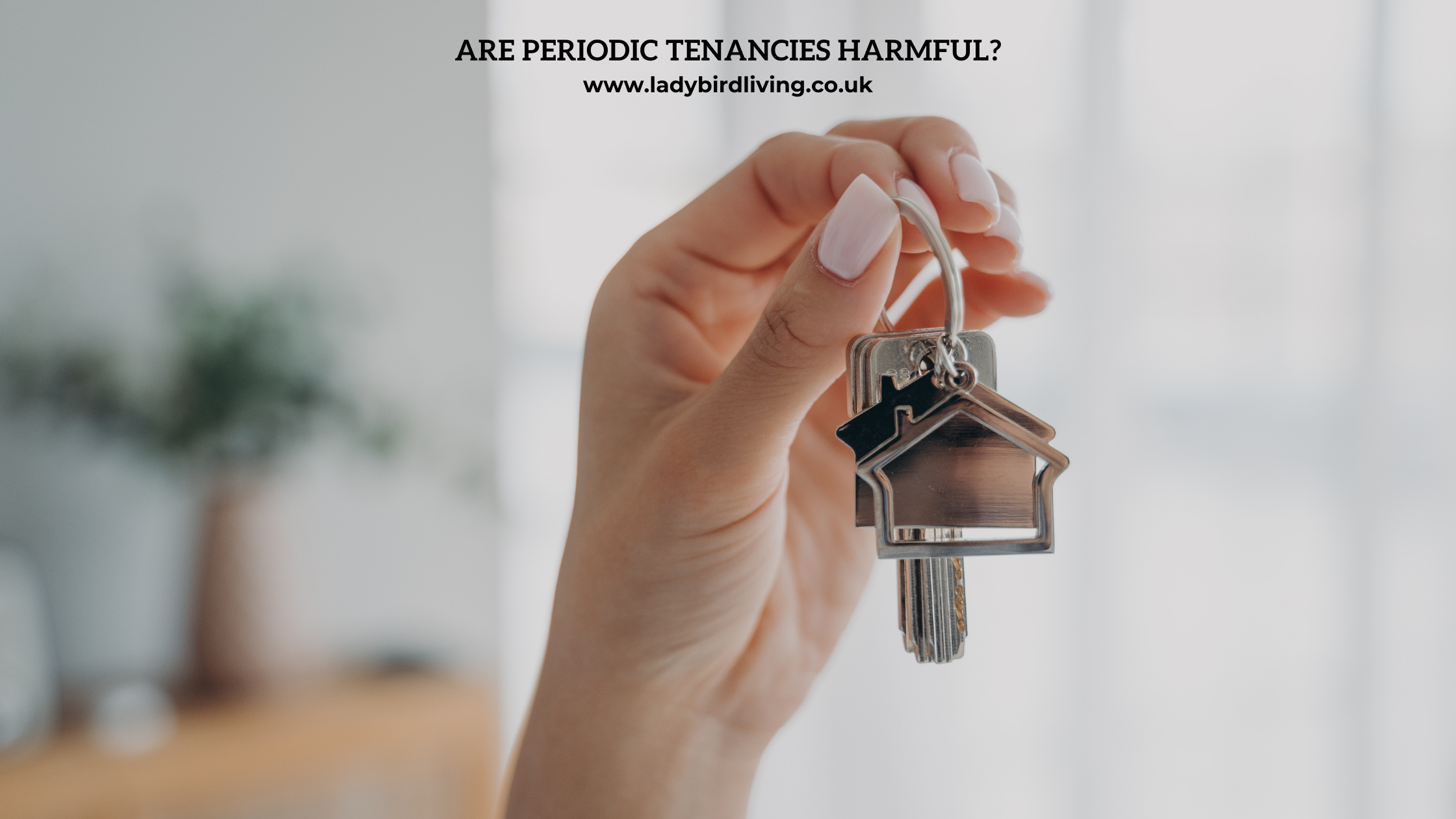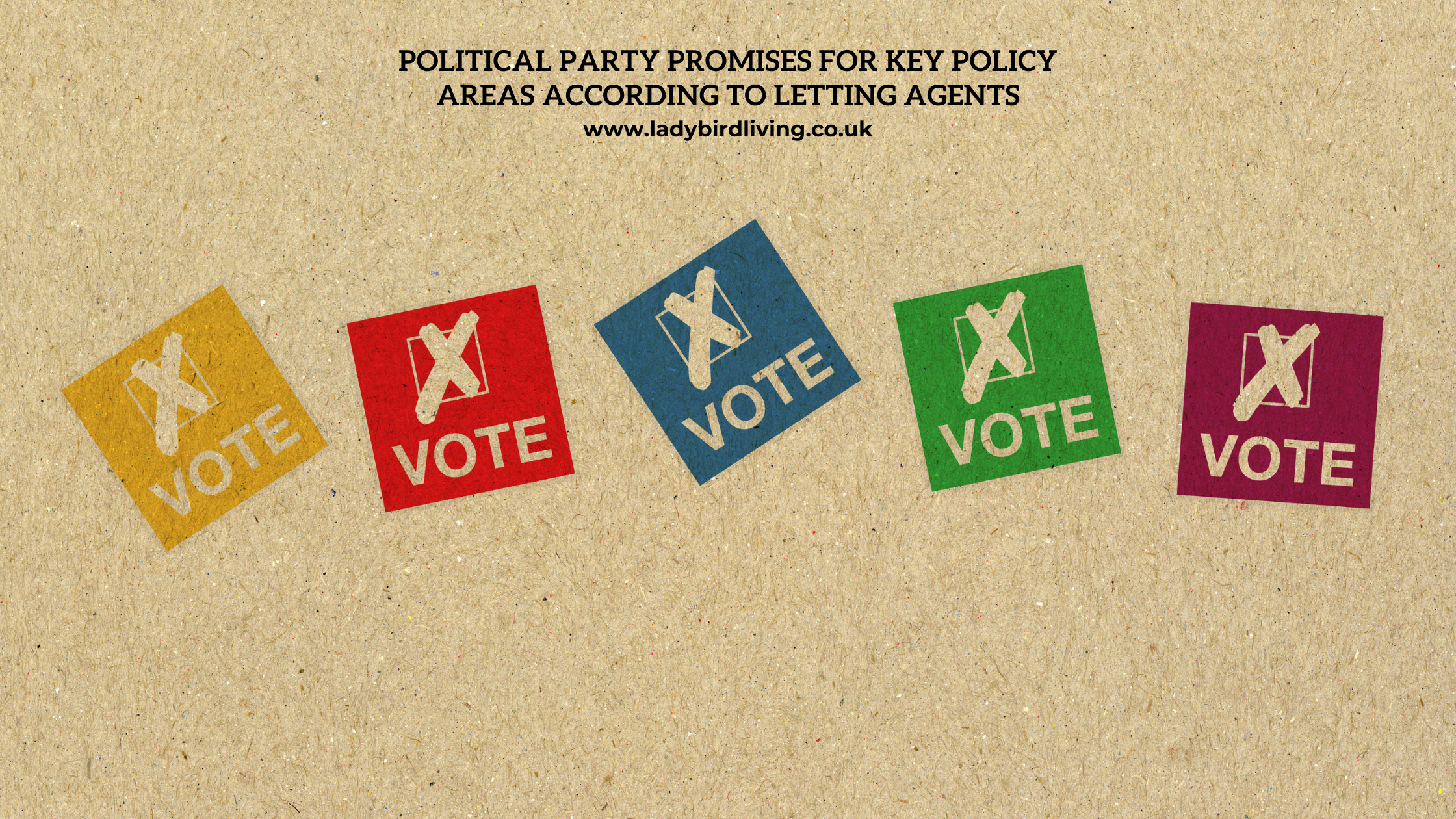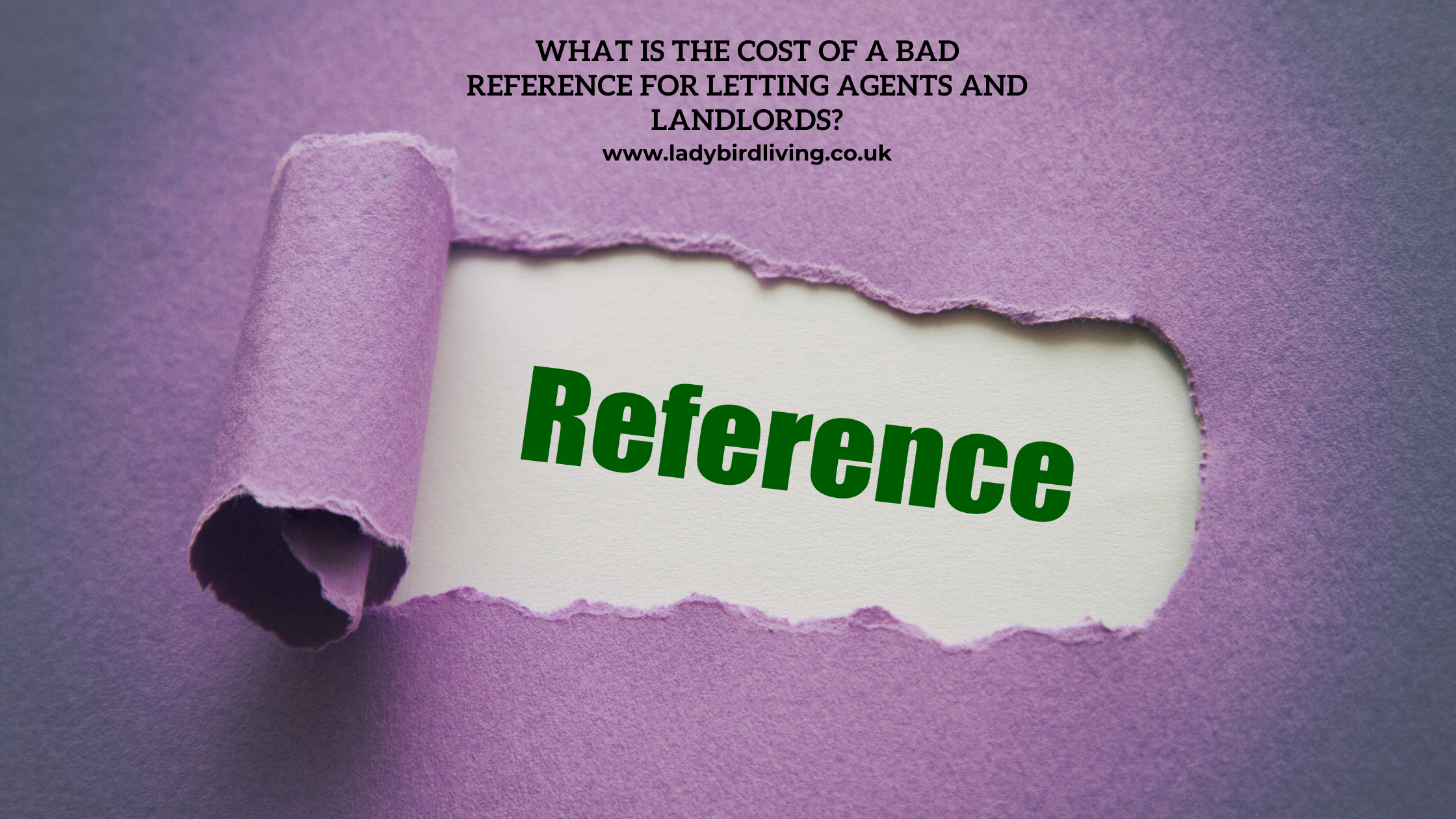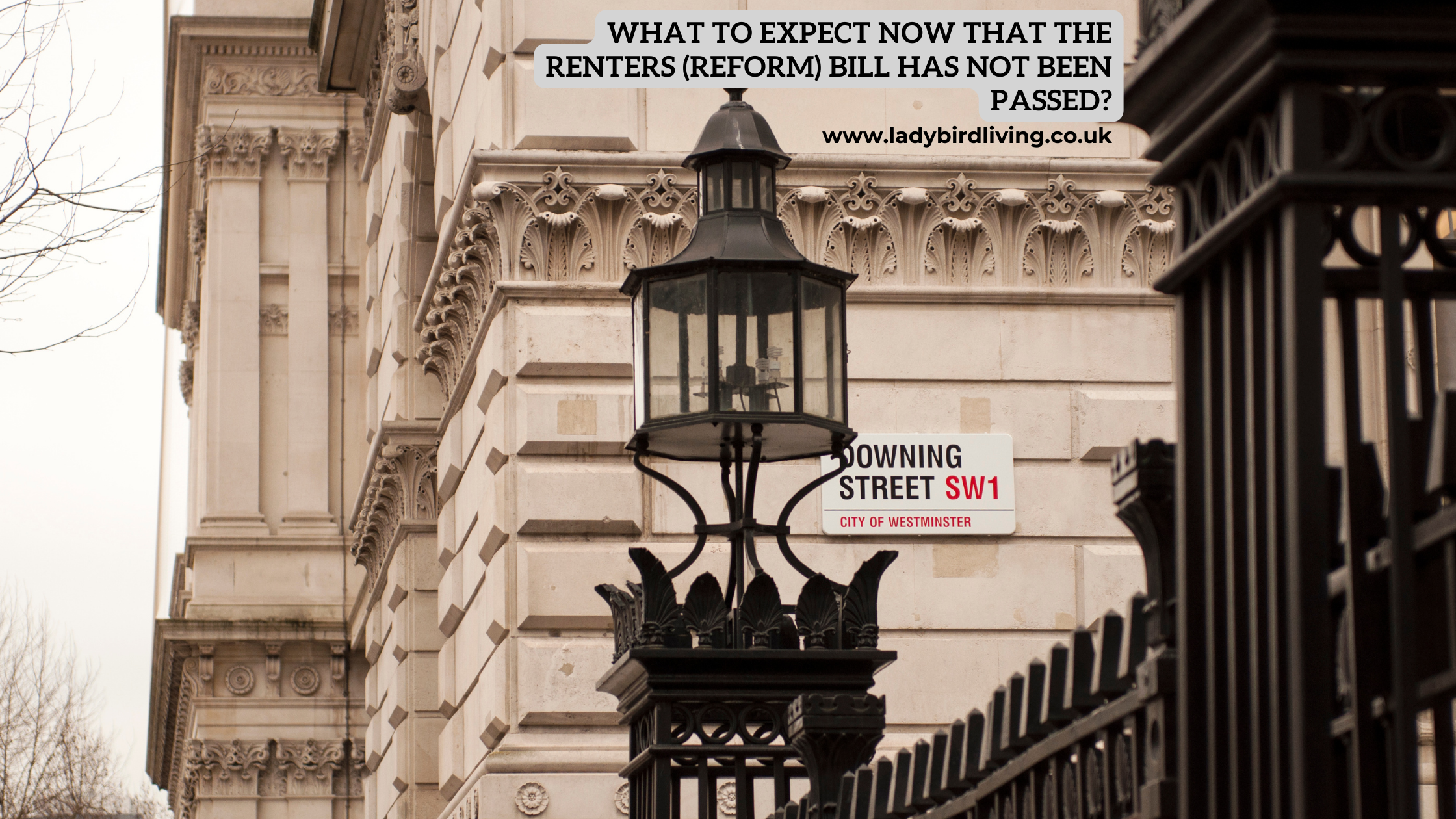
Learning from New York: To what extent should the UK limit short-term rentals?
New York has recently implemented new regulations for short-term lets, producing an immediate impact. This raises the question: to what extent should the UK government follow suit?
New regulations have been introduced for short-term lets in England, Scotland, and Wales. Some of the new regulations include tourist accommodation register in England to novel licensing schemes in Scotland and Wales. However, none have matched the severity of New York’s recent crackdown on short-term lets.
The recent rules imposed by New York City require hosts to reside in the home and be present for lets lasting under 30 days. This effectively prohibits the rental of entire apartments. The regulations also limit hosts to renting to no more than two guests at a time, and hosts must register with the city to legally rent out their properties.
The primary goal of these rules is to address housing supply and rent price issues in New York, as well as concerns about the anti-social behavior associated with short-term accommodation rentals.
Opponents of these restrictions argue that they may discourage tourists from visiting, as there will be fewer accommodation options available to them. It will also affect locals who depend on tourism to support them financially.
The immediate impact of these restrictions, implemented on September 5, 2023, is evident. In the month leading up to the regulations, Airbnb reported a 70% drop in short-term rentals listed, from 22,000 to 6,841. However, long-term listings increased by nearly 200%, from 11,000 to 32,612 over the same period. This shift suggests that many short-term listings transitioned to advertising for stays of 30 days or more to circumvent the new rules.
While the UK has not proposed anything as drastic as New York’s measures, it is taking steps to regulate the sector more closely, citing housing supply and anti-social behavior as key considerations. Scotland has implemented licensing for all short-term let hosts, and Wales is considering a similar proposal. England plans to introduce a registration scheme for tourist accommodation, and new planning permission rules will grant councils more authority over whether properties can convert into short-term lets.
Additionally, the UK government’s Anti-Social Behaviour Action Plan may lead to tougher penalties for anti-social behavior by Airbnb owners and guests.
In Edinburgh, hosts challenged the licensing scheme in court, labeling it a “de facto ban” on short-term lets, particularly impacting small businesses.
As global regions evaluate the impact of New York’s regulations on supply, the results could influence future decisions on short-term let regulations. If the trend of a shift toward long-term lets persists, governments may consider implementing similar, more stringent measures in the near future.
The information in this post is valid to the best of our knowledge on the date of posting. It is advised that you seek independent advice based on your individual circumstances.
T +44 (0)203 488 1488
Recent Posts






